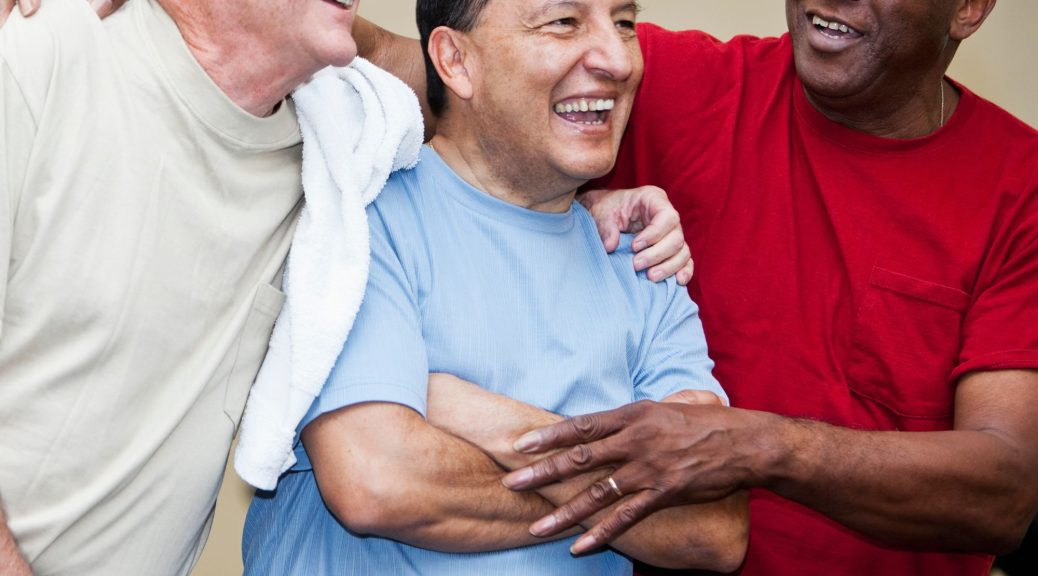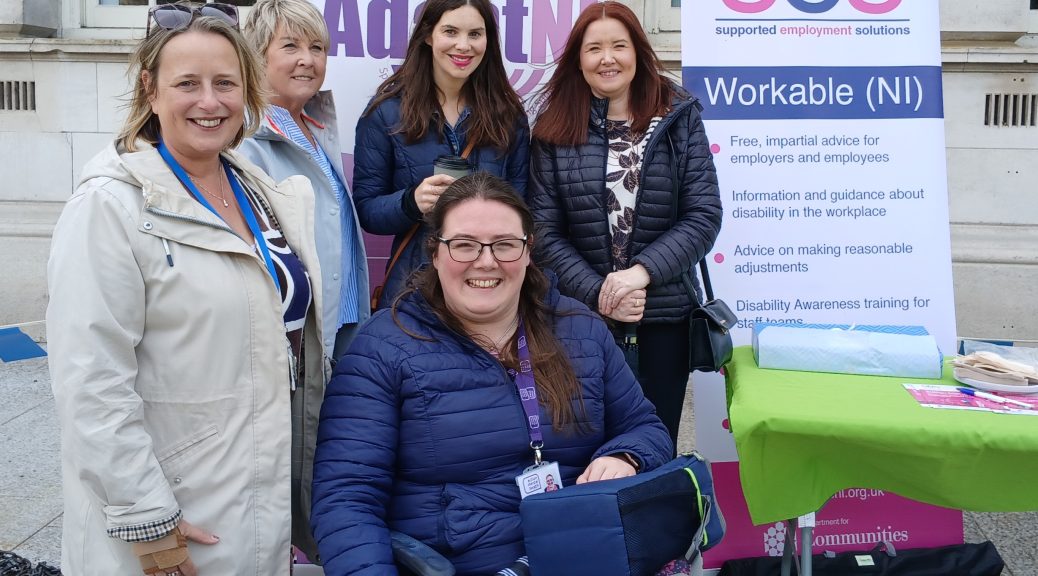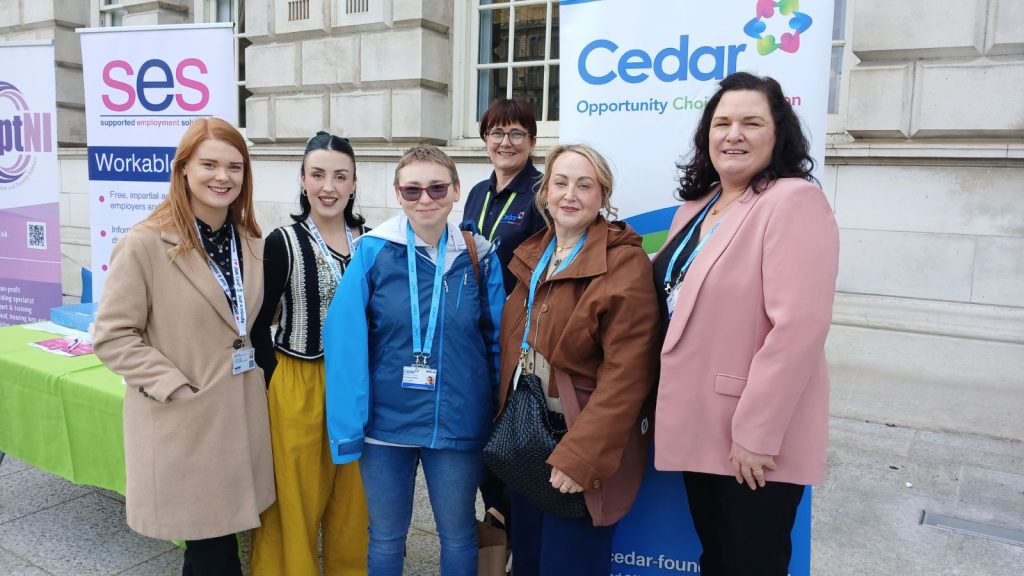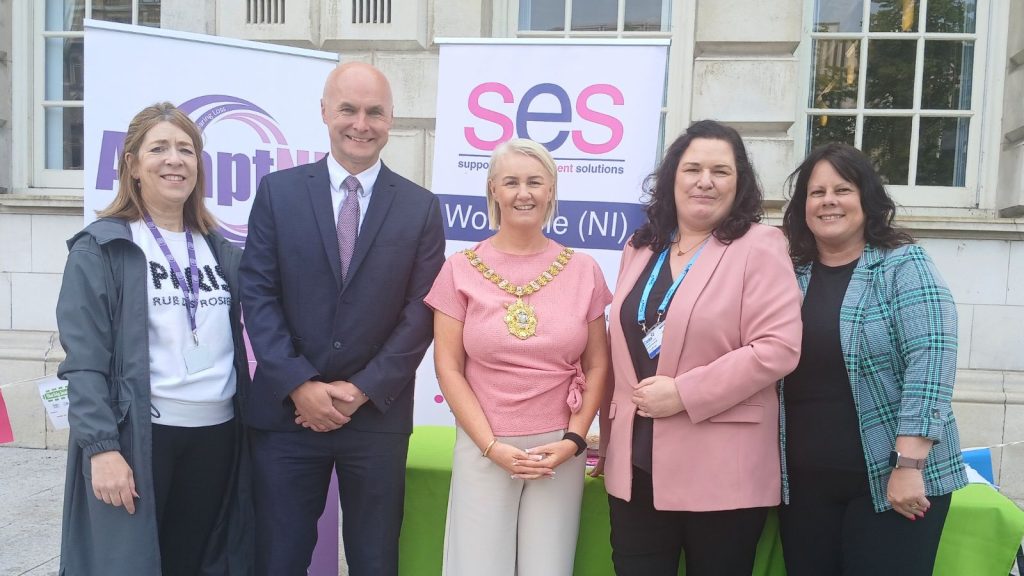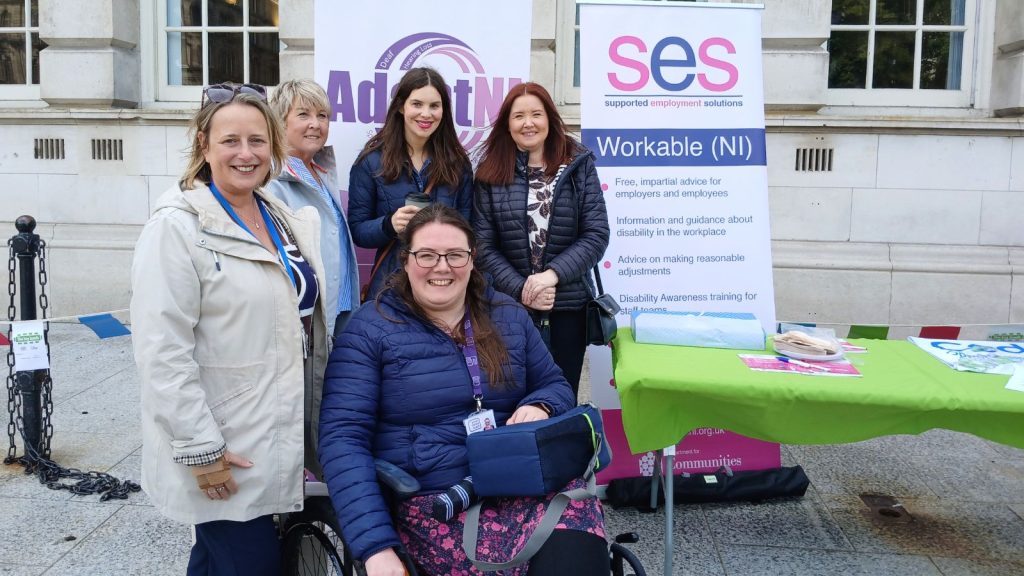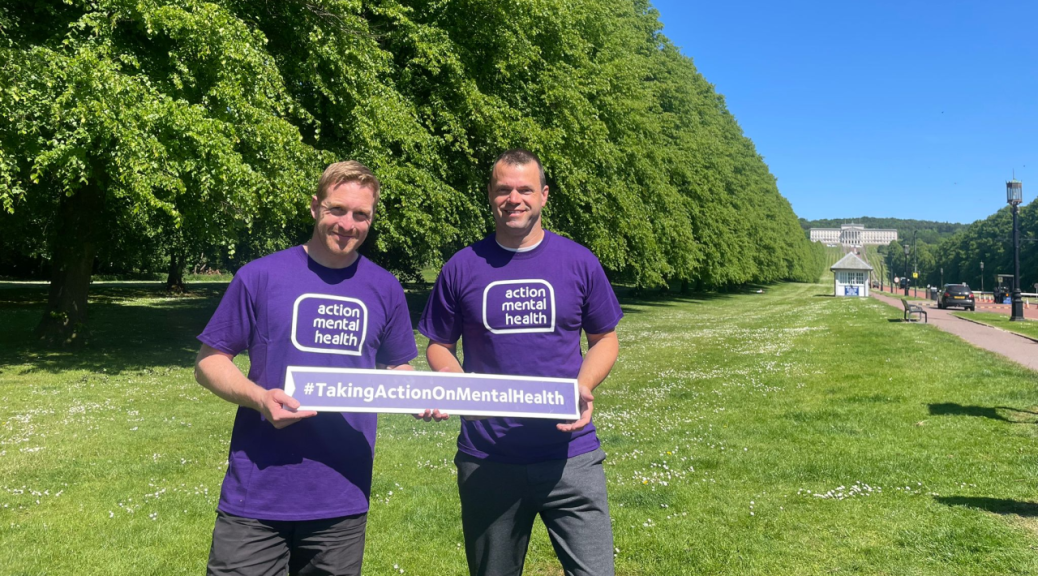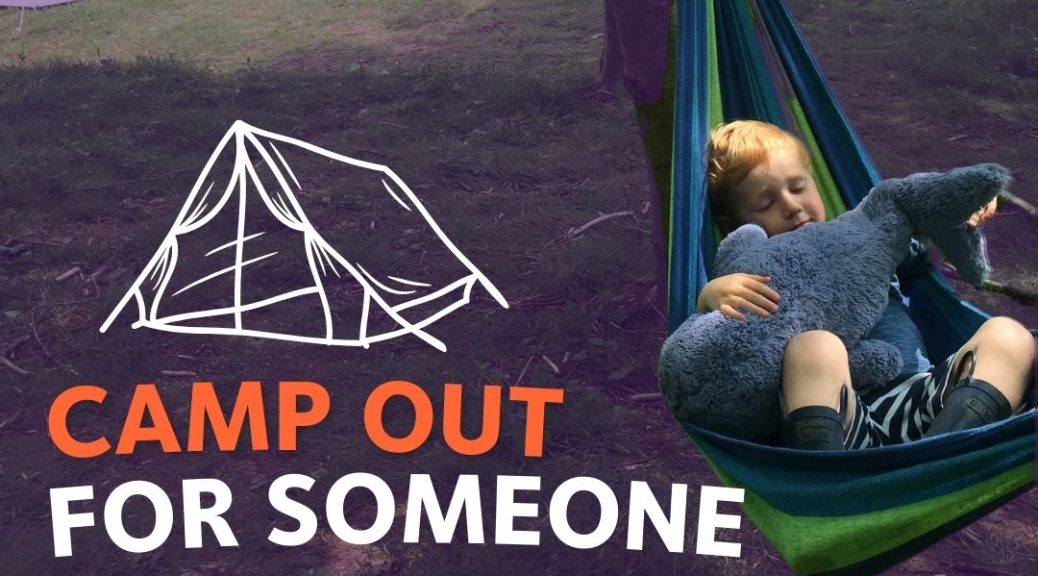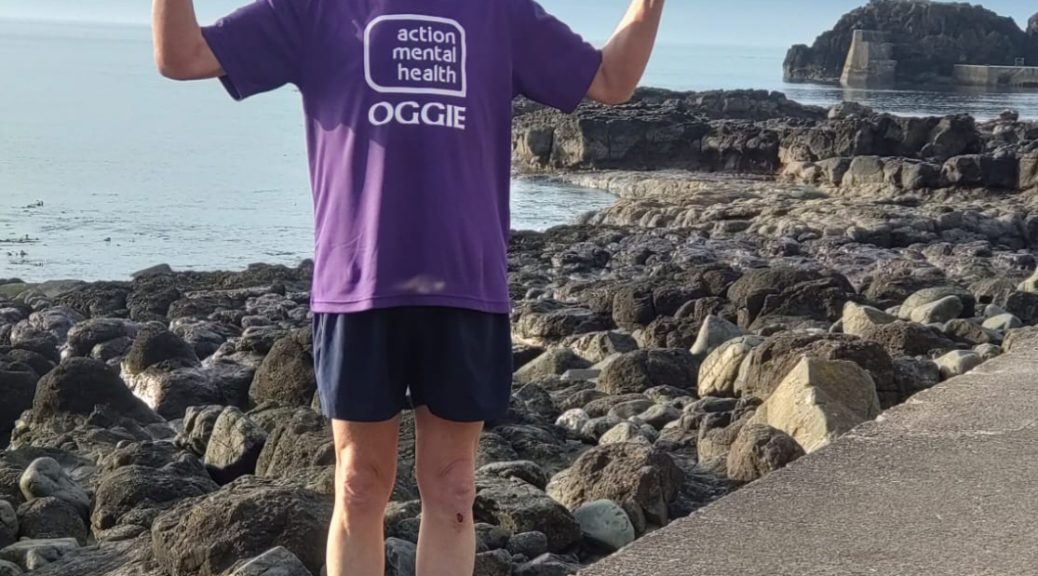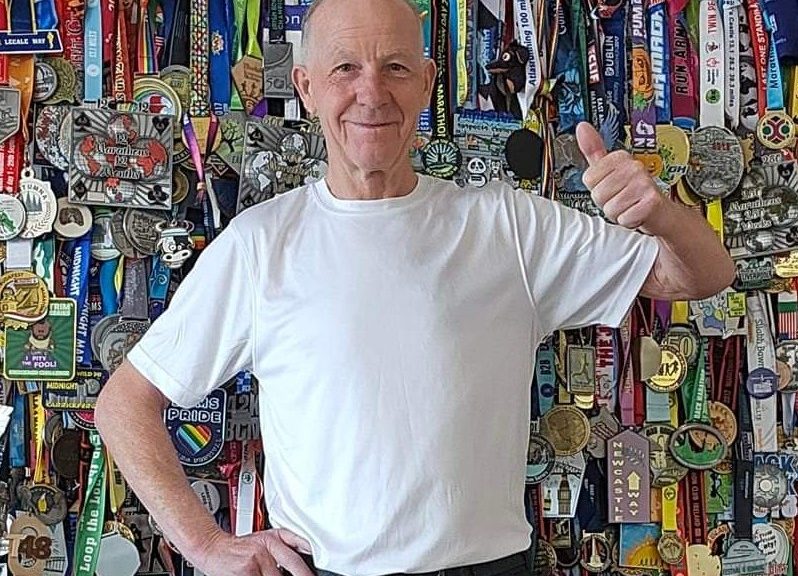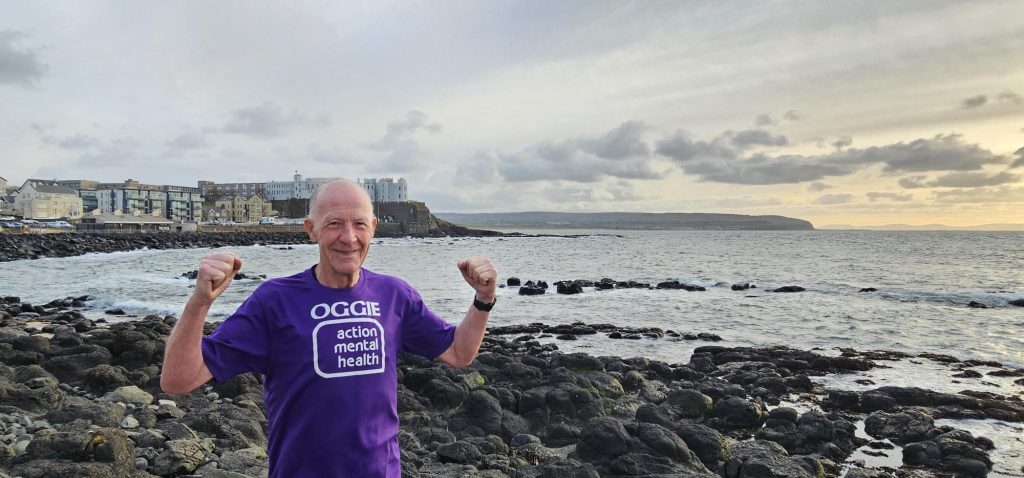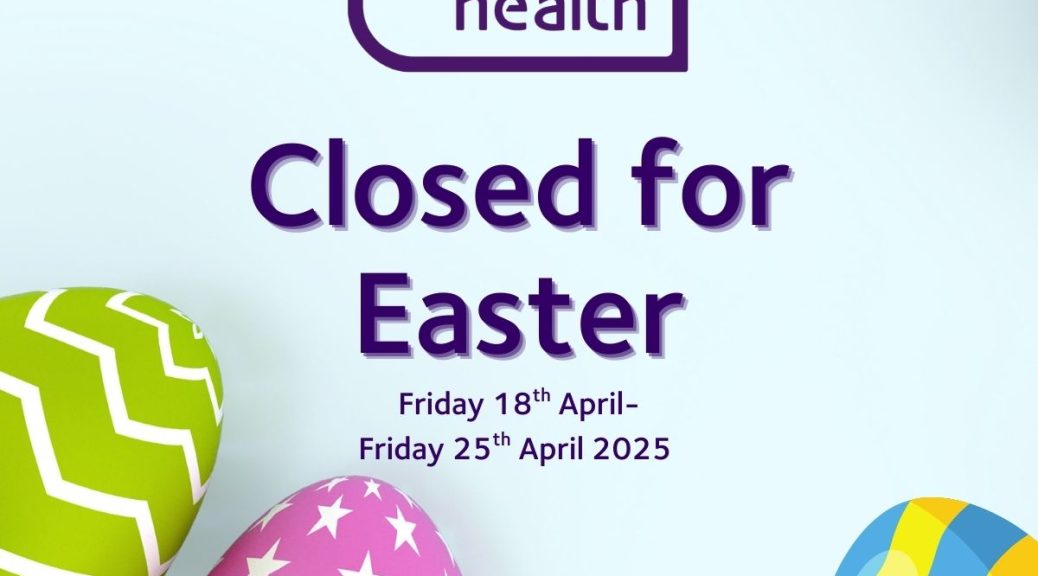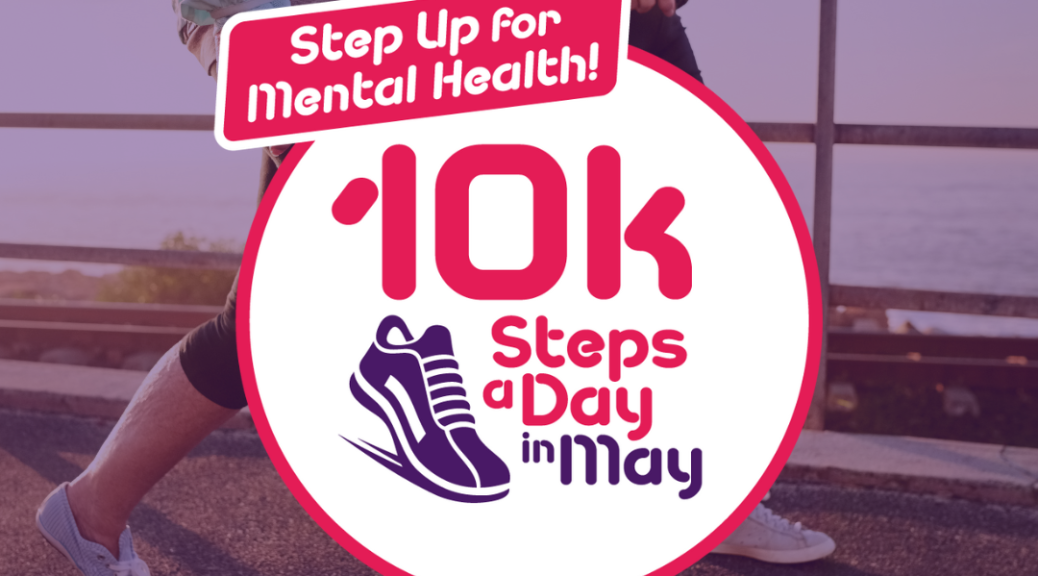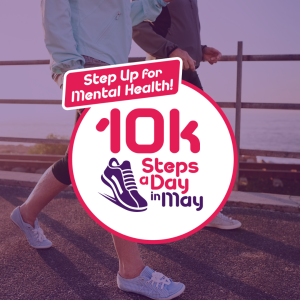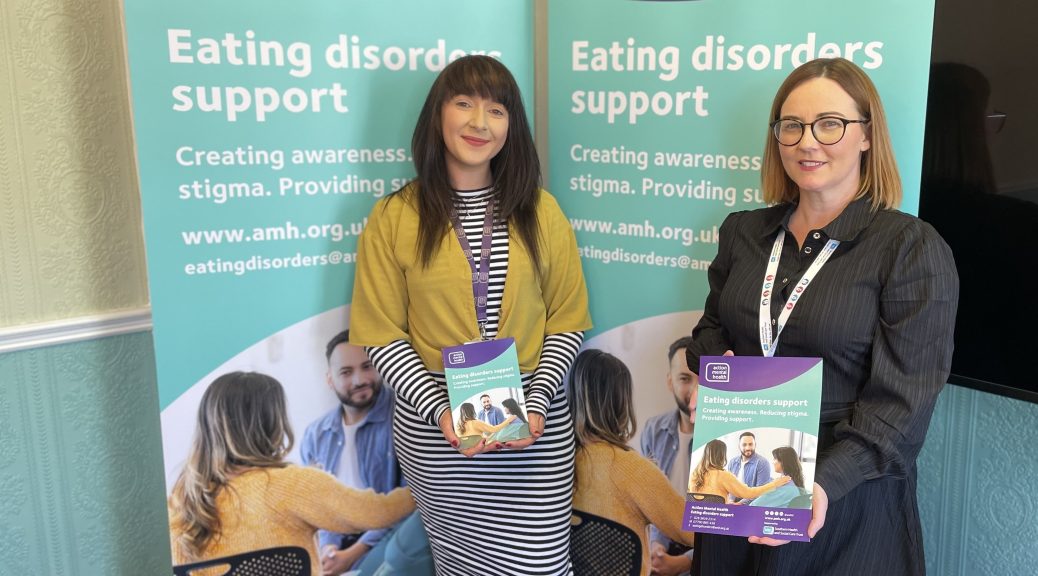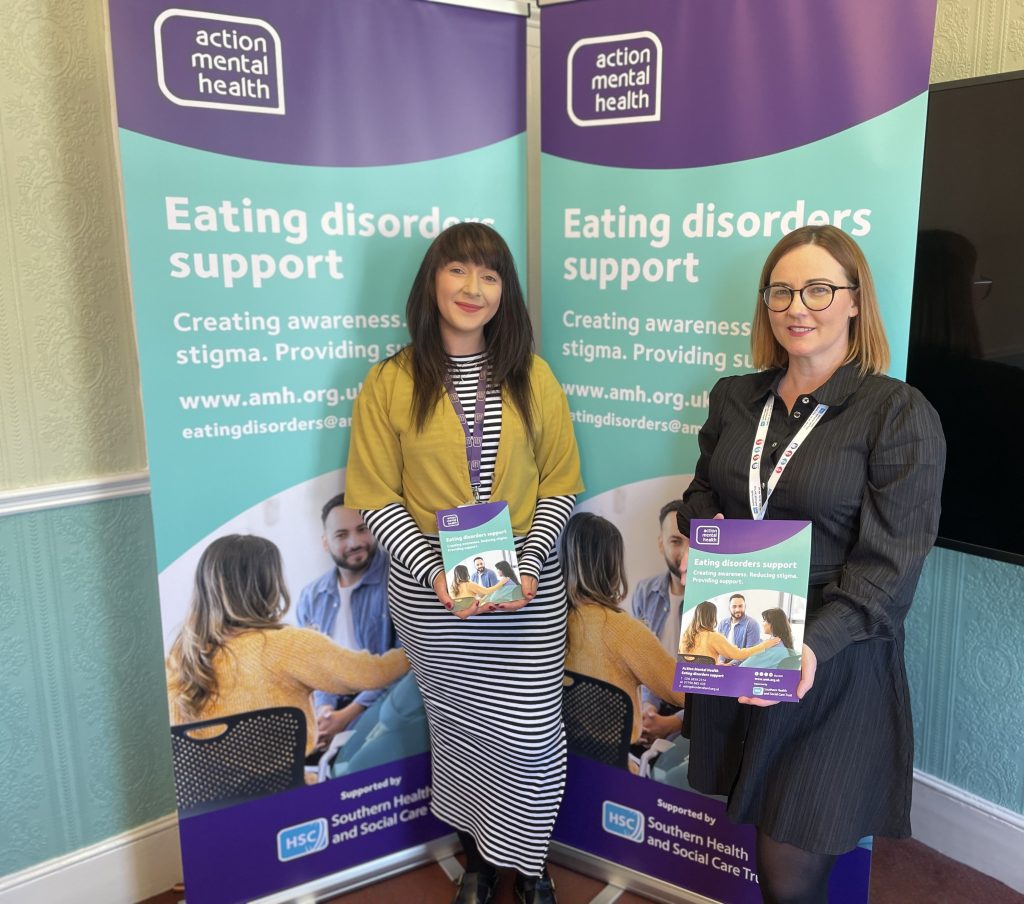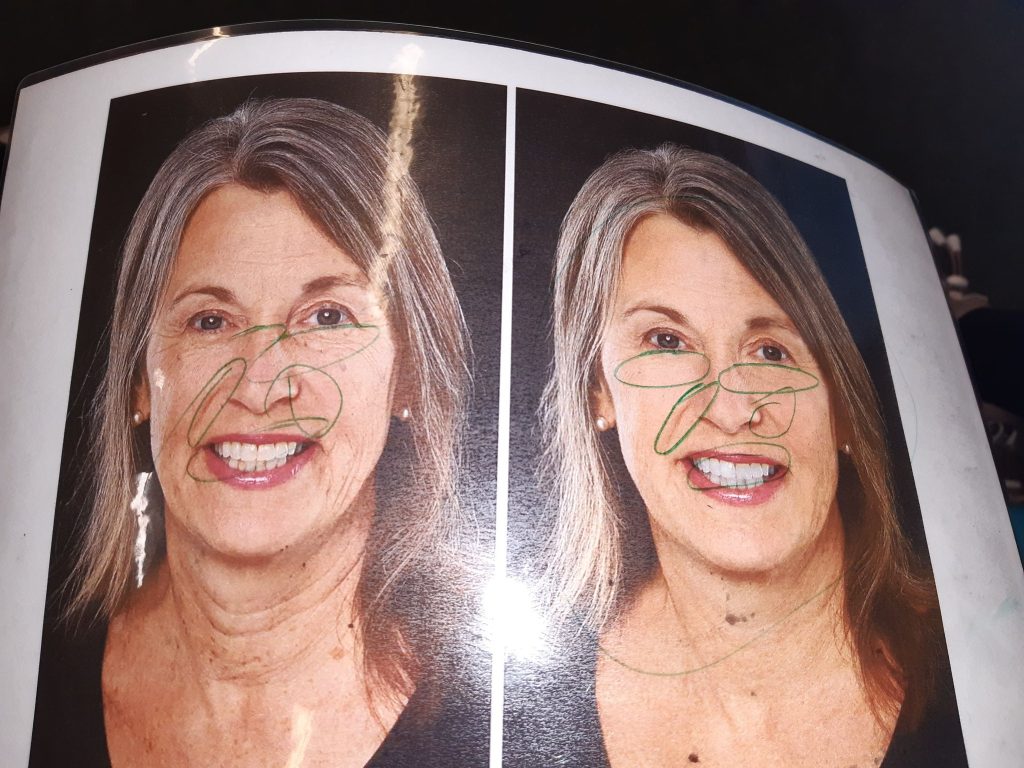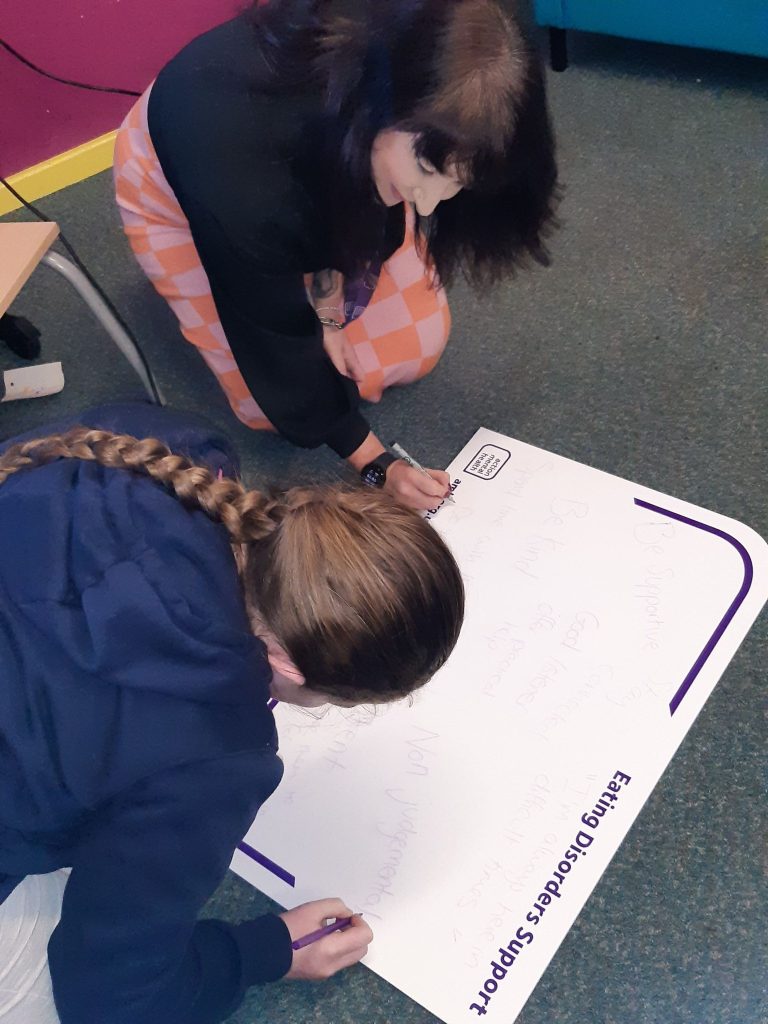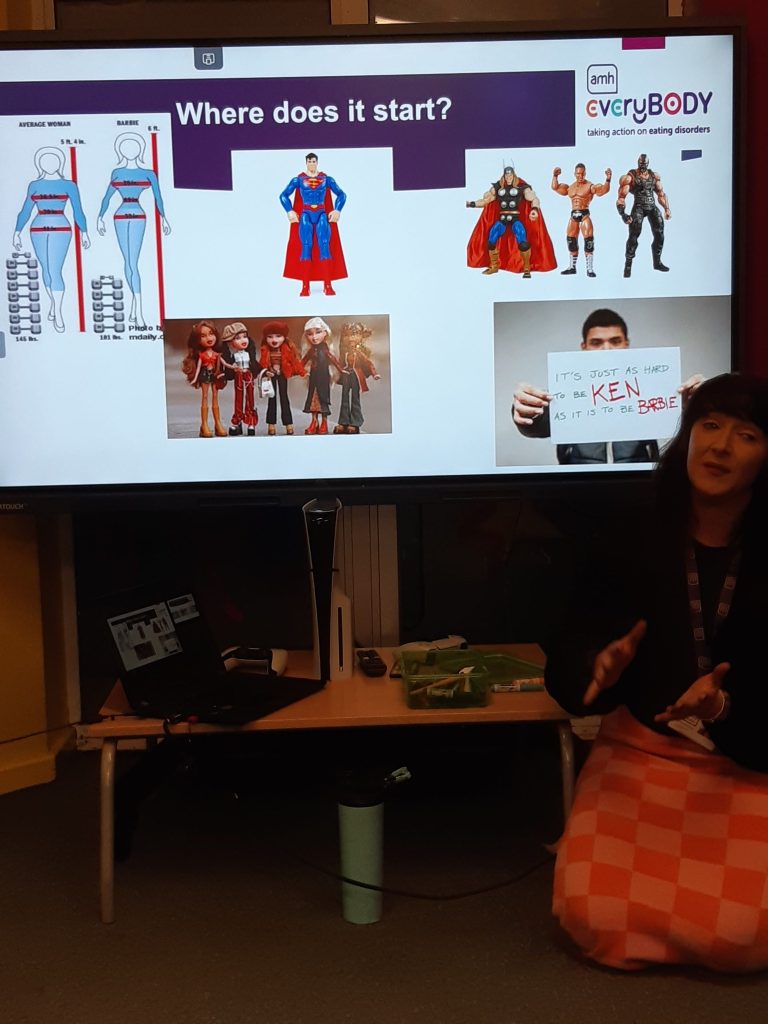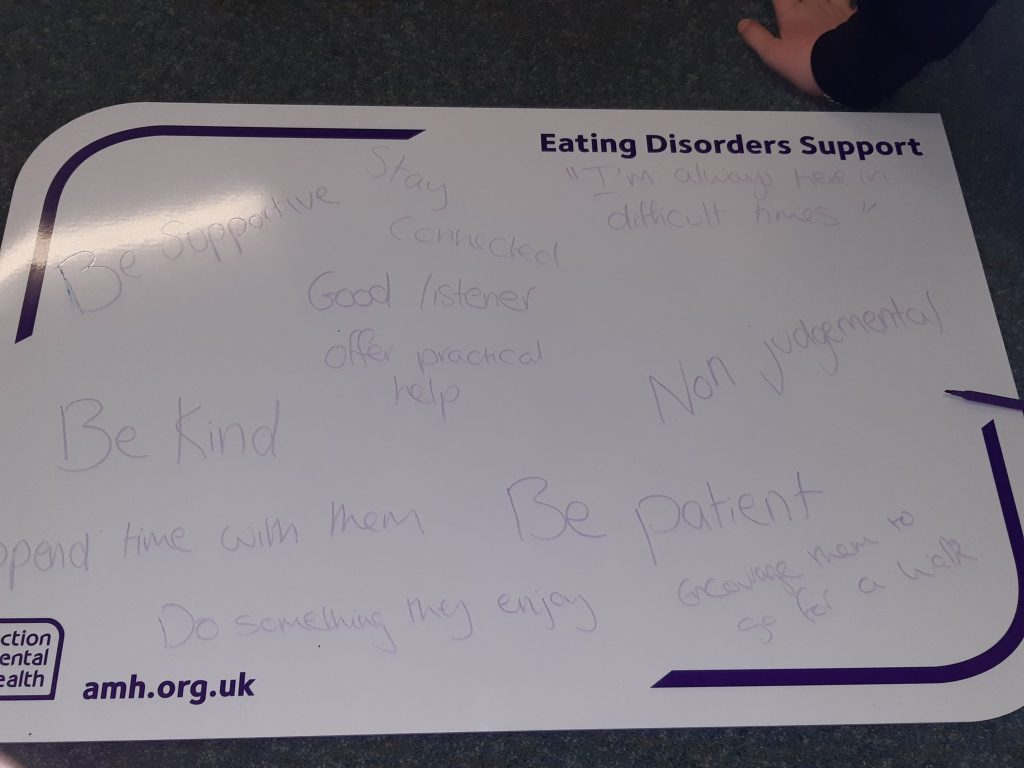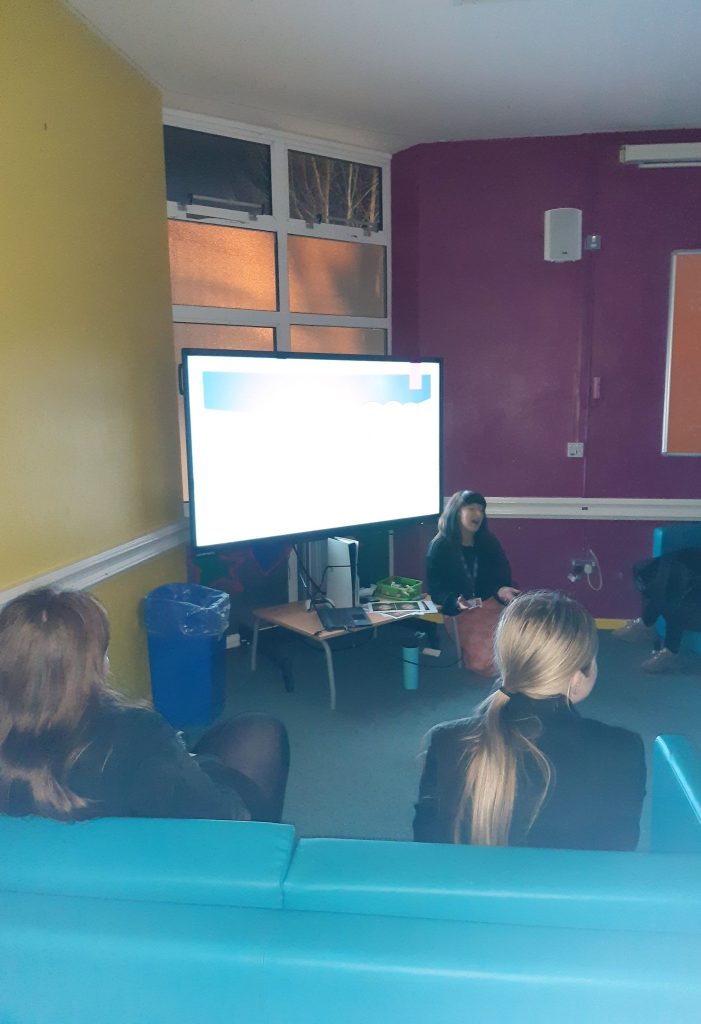Men’s Health Week (9-15 June) is a vital opportunity to shine a light on all aspects of wellbeing for men.
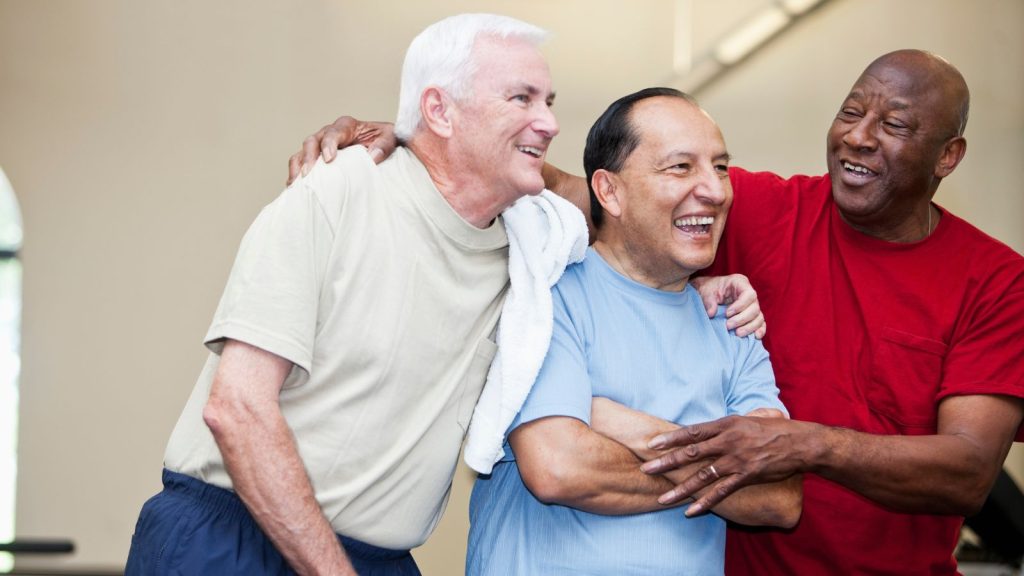
While there is, rightly, a huge focus on physical health, awareness of your mental health matters just as much. Just as you wouldn’t ignore a persistent cough or a back injury, it’s important to pay attention to ongoing stress, low mood, or anxiety.
To mark Men’s Health Week, we’re exploring why it’s so important for men in Northern Ireland to get support for mental health issues.
Note: This article mentions suicide.
Men’s mental health in Northern Ireland
One in five adults in Northern Ireland are experiencing signs of mental ill-health. However, men are statistically much less likely than women to ask for help with mental health concerns1.
As a result, men in Northern Ireland are disproportionately affected by suicide. The most recent figures indicate that in 2021, 74% of total suicide deaths were males1.
Many may grow up believing they have to “just get on with it” or “keep the head down”. This cultural mind-set, while often rooted in resilience, can create stigma around mental health. It also becomes a barrier to getting the support that’s needed. This can even have a knock-on effect on your physical health.
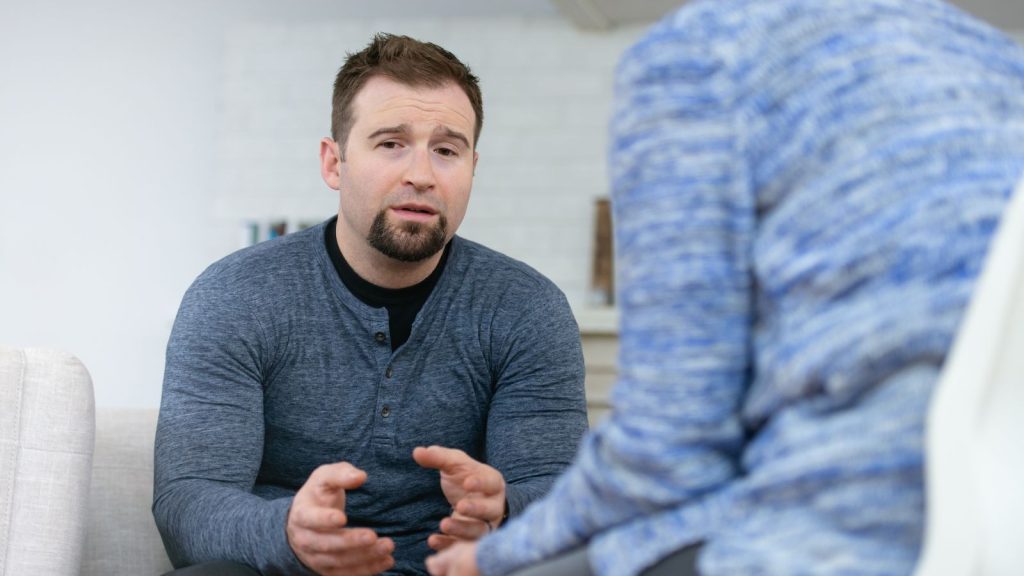
How are mental health and physical health linked?
Mental and physical health often go hand-in-hand. People experiencing mental health issues are more likely to develop physical health conditions, and vice versa2.
That’s not to mention the physical side effects of mental health problems themselves. Anxiety might lead to nausea, headaches, or muscle pain, for example3.
Likewise though, your mental wellbeing will benefit when you look after your physical health – whether through exercise or eating well. You might be surprised by how much a short 10 minute walk can boost your mood.
What can I do for my mental health?
Looking after your mental health doesn’t necessarily mean seeing a professional straight away (although that’s always a good option). Sometimes, it starts with small changes:
- Talk to someone you trust. A friend, a partner, a colleague – sometimes just saying something out loud takes the pressure off.
- Check in with yourself regularly. How are you really doing? Naming your feelings is the first step to managing them.
- Make time for things that you enjoy. Whether it’s going for a walk with the dog, joining a five-a-side team, or cooking your favourite meal, regularly taking time for yourself can make a big difference.
- Reach out if you’re struggling. There’s no shame in asking for help from your GP, a helpline, or a local charity like Action Mental Health.

Whether you’re 18 or 80, a farmer, a builder, a teacher, or a stay-at-home dad, no one is immune to life’s challenges. Everyone has mental health. Looking after it and knowing when to ask for support helps us to lead better and fuller lives.
Where can I get support?
Action Mental Health:
- Our Men’s Sheds are an ideal place for men aged 50+ to learn and share new skills or just come along for a good chat and cup of tea.
- We also offer a high-quality, professional counselling service for adults, young people and children in Northern Ireland.
Self-help resources:
- Men’s Health Forum, organisers of Men’s Health Week, offer self-help resources, including a Man MOT for the Mind.
- Create your own Mind Plan with this NHS tool.
Helplines:
- If you are in crisis or distress, Lifeline operates 24/7– you can call them and talk to a trained counsellor on: 0808 808 8000.
- The Samaritans can also be contacted 24/7 by calling: 116 123.
- For young people, Papyrus operate HOPELINE247 at: 0800 068 41 41. Contact Childline on: 0800 1111.
References
- Mental Health Champion (2023). Mental Health in Northern Ireland: Fundamental Facts 2023
- Mental Health Foundation (2022). Physical Health and Mental Health
- NHS (2025). Signs of anxiety




